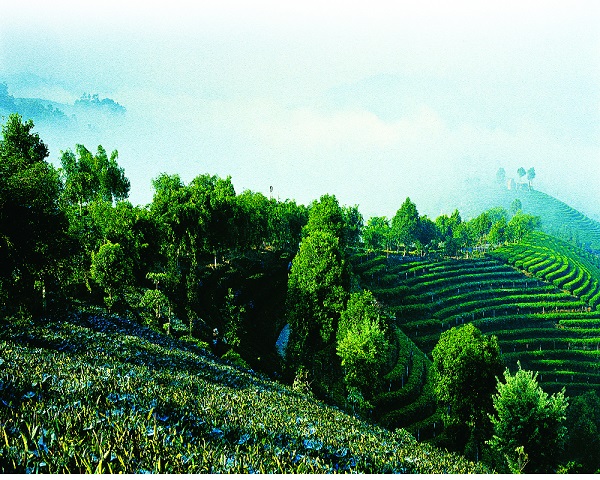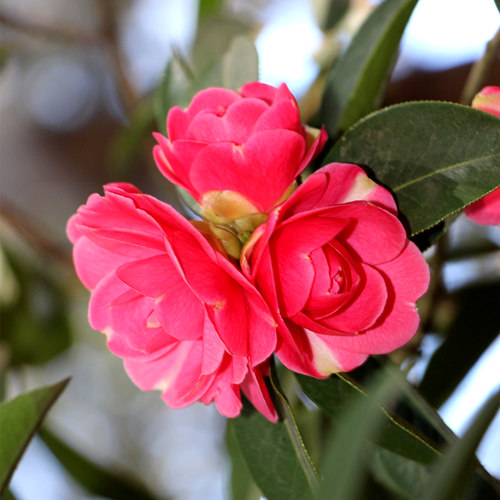
Detailed Introduction to Yulong County of Lijiang
Yulong County (玉龙县), also known as Yulong Naxi Autonomous County (玉龙纳西族自治县), is a district under Lijiang City in Yunnan Province, China. It is best known for its Jade Dragon Snow Mountain (玉龙雪山), which is one of the most iconic landmarks in the region, as well as its rich ethnic culture, particularly the traditions of the Naxi people. Yulong County offers a fascinating mix of natural beauty, cultural heritage, and historical significance.
Geographical Location and Climate
Location:
Yulong County is located to the north of Lijiang City, with Jade Dragon Snow Mountain being its most prominent feature. It is situated within Yunnan Province’s mountainous region, covering an area of approximately 2,300 square kilometers.
Terrain and Environment:
The county is dominated by mountainous terrain, particularly the Jade Dragon Snow Mountain range, which extends to over 5,500 meters in height.
The Yangtze River system, including the Nu River (Salween River) and its tributaries, flows through the region, creating fertile valleys and rich ecosystems.
The mountains, forests, and river valleys offer a diverse range of habitats and contribute to the region's unique biodiversity.
Climate:
Yulong County experiences a temperate climate due to its high-altitude terrain. The average annual temperature is about 10°C, with winter temperatures occasionally dropping below 0°C in higher altitudes, while summer temperatures are generally mild, ranging between 15°C to 25°C. The county receives a significant amount of rainfall during the summer monsoon season, contributing to its lush landscapes.
Historical Background
Yulong County has a long and rich history, shaped by its role as a key area for trade, agriculture, and ethnic culture.
Ancient Trade Routes: Yulong County was historically a strategic point along the Tea Horse Road, which connected China to Tibet and other regions of Southeast Asia. This road facilitated the exchange of tea, horses, and other commodities, fostering cultural and economic ties.
Naxi People: The Naxi people, an ethnic minority in the region, have played an essential role in the cultural history of Yulong County. Their unique traditions, Dongba religion, and Naxi script are integral to the cultural identity of the area.
Cultural Exchange: Yulong’s position as a trade route between China and Tibet facilitated cultural exchanges between these diverse regions, influencing local customs, religion, and architecture.
Economic Overview
Yulong County’s economy is diverse, with major contributions from agriculture, tourism, and small industries. The region has leveraged its natural resources and cultural heritage to boost its economy, especially through the growing tourism sector.
1. Agriculture
Agriculture is a significant part of Yulong’s economy, with fertile valleys and favorable climate conditions supporting the cultivation of various crops:
Tea Production: Yulong is part of the renowned Pu'er tea region, and the area is famous for its highland tea production, which includes varieties of green tea, black tea, and aged tea. The Jade Dragon Snow Mountain foothills are ideal for tea cultivation due to the rich soil and moderate temperatures.
Tobacco: Like other areas in the region, tobacco is an important cash crop, contributing to the county’s economy.
Fruits and Vegetables: Yulong produces a range of fruits such as apples, pears, and grapes, and vegetables including potatoes, onions, and garlic. The fertile land also supports the cultivation of herbs and medicinal plants.
2. Tourism
Tourism is one of the main drivers of Yulong County’s economy, with visitors flocking to the area to experience its natural beauty, cultural heritage, and unique attractions.
Jade Dragon Snow Mountain: The mountain is the main attraction in Yulong County, drawing visitors for hiking, skiing, mountain climbing, and scenic photography. The Glacier Park, Yeti Cave, and Scenic Skywalk are some of the popular tourist destinations here.
Eco-Tourism: The natural beauty of the county, including its forests, rivers, and valleys, makes it ideal for eco-tourism activities such as birdwatching, camping, and nature walks.
Cultural Tourism: Yulong County is also home to the Naxi culture, with its Dongba religion, Naxi music, and traditional architecture. Visitors can explore Naxi villages, Dongba temples, and cultural performances that showcase the region’s unique traditions.
3. Small Industries
Wood Processing: With abundant forest resources, Yulong has a growing wood processing industry, producing timber products and traditional handicrafts.
Handicrafts: Local artisans produce a variety of handmade goods, including Naxi textiles, embroidered fabrics, silver jewelry, and pottery, which are sold in local markets and to



